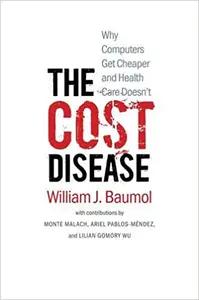The Cost Disease: Why Computers Get Cheaper and Health Care Doesn't
By William J. Baumol
Category
EconomicsRecommended by
"The Cost Disease" by William J. Baumol provides a comprehensive analysis of the economic phenomenon known as the "cost disease." Examining various industries ranging from healthcare and education to the performing arts, the book explores why costs tend to rise faster in certain sectors compared to others.
Baumol argues that the cost disease arises from the inherent nature of labor-intensive industries, where productivity growth is constrained compared to sectors that have experienced technological advancements. This results in a disproportionate increase in costs, leading to challenges in resource allocation and efficiency.
The author delves into the historical context and examines the consequences of the cost disease on economic growth, income inequality, and public policy. Baumol emphasizes the implications for society as sectors afflicted by the cost disease, such as healthcare and education, play crucial roles in overall well-being and societal advancement.
Through in-depth analysis and compelling research, Baumol offers insights into the cost disease phenomenon and proposes strategies to address its impact. Drawing on economic theory and empirical evidence, the book prompts readers to rethink conventional approaches to managing costs and find innovative solutions to mitigate the effects of the cost disease.
"The Cost Disease" serves as an enlightening resource for economists, policymakers, and anyone interested in understanding the dynamics of rising costs in labor-intensive sectors and its far-reaching implications on society, productivity, and economic development. Baumol's articulate explanations and thought-provoking perspectives present a compelling case for addressing the challenges posed by the cost disease to ensure a sustainable and prosperous future.
Baumol argues that the cost disease arises from the inherent nature of labor-intensive industries, where productivity growth is constrained compared to sectors that have experienced technological advancements. This results in a disproportionate increase in costs, leading to challenges in resource allocation and efficiency.
The author delves into the historical context and examines the consequences of the cost disease on economic growth, income inequality, and public policy. Baumol emphasizes the implications for society as sectors afflicted by the cost disease, such as healthcare and education, play crucial roles in overall well-being and societal advancement.
Through in-depth analysis and compelling research, Baumol offers insights into the cost disease phenomenon and proposes strategies to address its impact. Drawing on economic theory and empirical evidence, the book prompts readers to rethink conventional approaches to managing costs and find innovative solutions to mitigate the effects of the cost disease.
"The Cost Disease" serves as an enlightening resource for economists, policymakers, and anyone interested in understanding the dynamics of rising costs in labor-intensive sectors and its far-reaching implications on society, productivity, and economic development. Baumol's articulate explanations and thought-provoking perspectives present a compelling case for addressing the challenges posed by the cost disease to ensure a sustainable and prosperous future.
Share This Book 📚
More Books in Economics
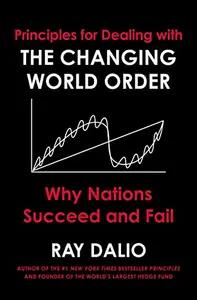
Principles for Dealing With The Changing World Order
Ray Dalio
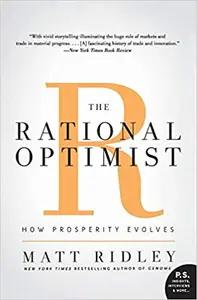
The Rational Optimist
Matt Ridley
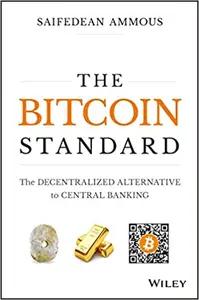
The Bitcoin Standard
Saifedean Ammous
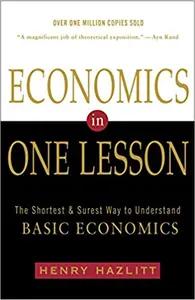
Economics in One Lesson
Henry Hazlitt
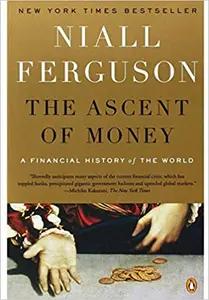
The Ascent of Money
Niall Ferguson

Enlightenment Now
Steven Pinker
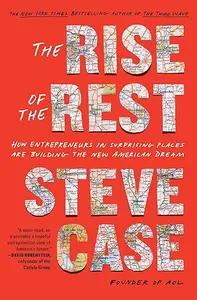
The Rise of the Rest
Steve Case

The Road to Serfdom
F.A. Hayek
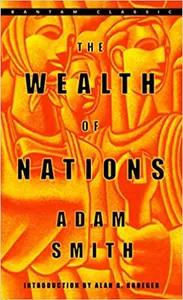
The Wealth of Nations
Adam Smith
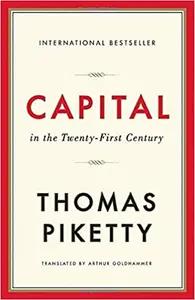
Capital In The 21st Century
Thomas Piketty
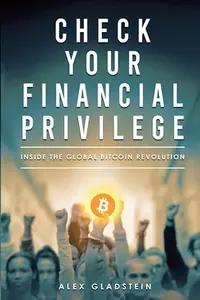
Check Your Financial Privilege
Alex Gladstein
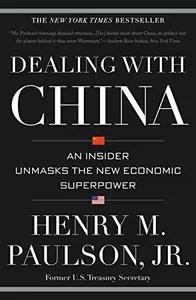
Dealing with China
Henry Paulson
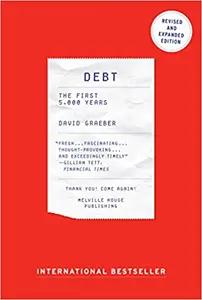
Debt
David Graeber
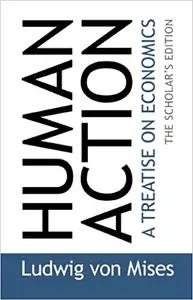
Human Action
Ludwig Von Mises
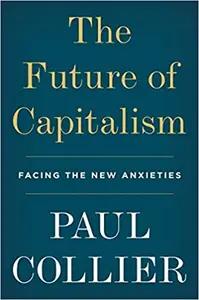
The Future of Capitalism
Paul Collier
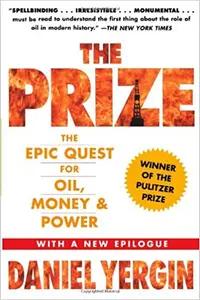
The Prize
Daniel Yergin
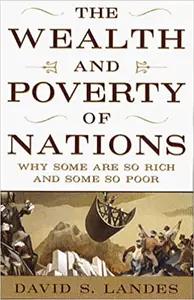
The Wealth and Poverty of Nations
David Landes
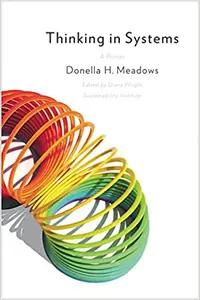
Thinking In Systems
Donella H. Meadows
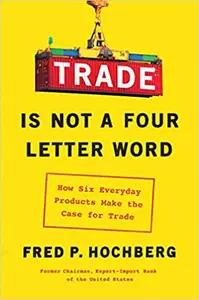
Trade Is Not A Four Letter Word
Fred Hochberg
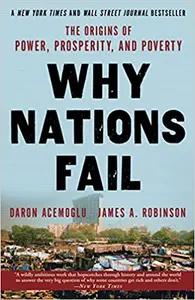
Why Nations Fail
Daron Acemoglu
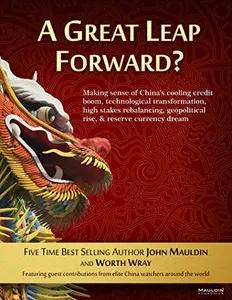
A Great Leap Forward?
John Mauldin & Worth Wray
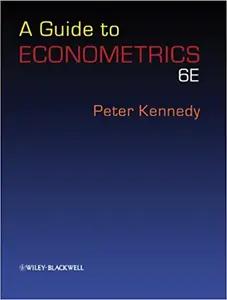
A Guide To Econometrics
Peter E. Kennedy
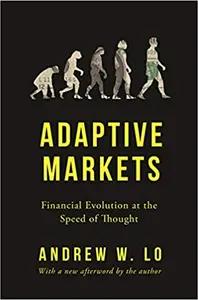
Adaptive Markets
Andrew Lo

Age Of Ambition
Evan Osnos

An Apology for the Builder
Nicholas Barbon
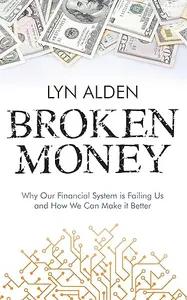
Broken Money
Lyn Alden
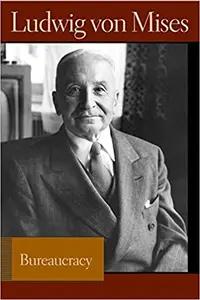
Bureaucracy
Ludwig Von Mises
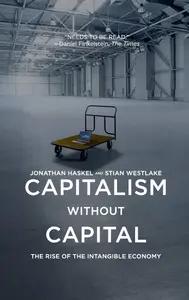
Capitalism Without Capital
Jonathan Haskel & Stian Westlake
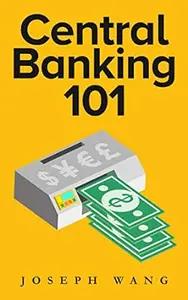
Central Banking 101
Joseph Wang
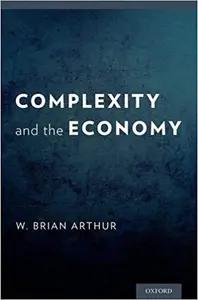
Complexity and the Economy
W. Brian Arthur
Popular Books Recommended by Great Minds 📚

The Intelligent Investor
Benjamin Graham
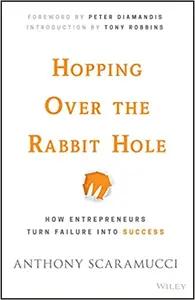
Hopping Over The Rabbit Hole
Anthony Scaramucci
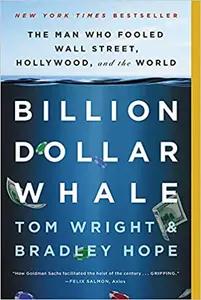
Billion Dollar Whale
Tom Wright
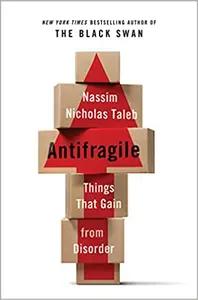
Antifragile
Nassim Nicholas Taleb
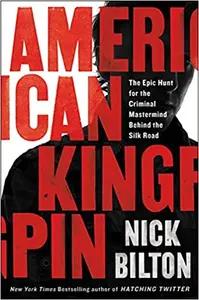
American Kingpin
Nick Bilton
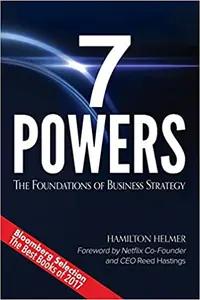
7 Powers
Hamilton Helmer
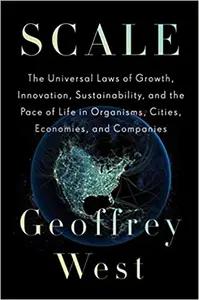
Scale
Geoffrey West

Titan
Ron Chernow
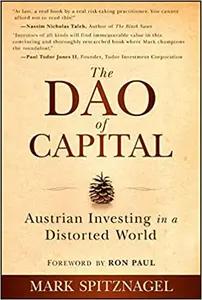
The Dao of Capital
Mark Spitznagel

Hillbilly Elegy
J.D. Vance
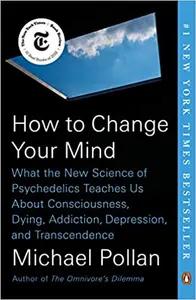
How to Change Your Mind
Michael Pollan
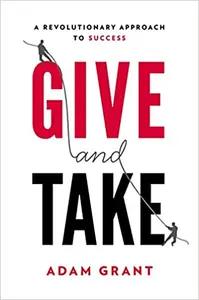
Give and Take
Adam Grant
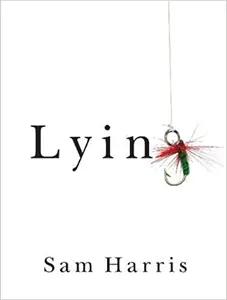
Lying
Sam Harris
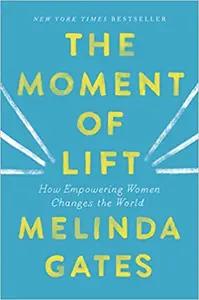
The Moment of Lift
Melinda Gates

The Prince
Nicolo Machiavelli
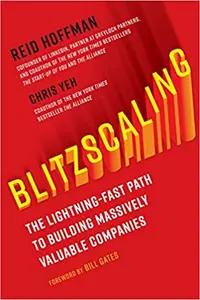
Blitzscaling
Reid Hoffman
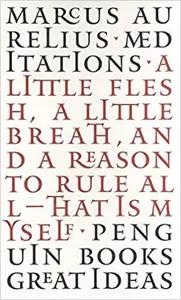
Meditations
Marcus Aurelius
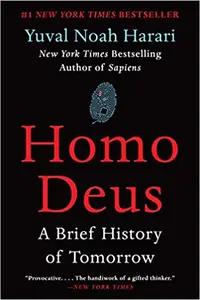
Homo Deus
Yuval Noah Harari

The Bitcoin Standard
Saifedean Ammous
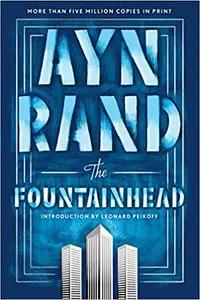
The Fountainhead
Ayn Rand
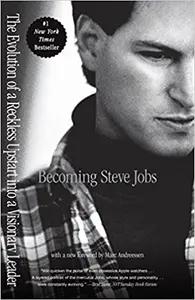
Becoming Steve Jobs
Brent Schlender
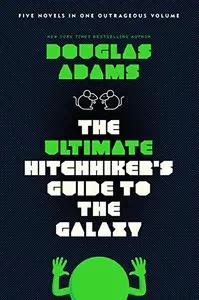
The Hitchhikers Guide to the Galaxy
Douglas Adams
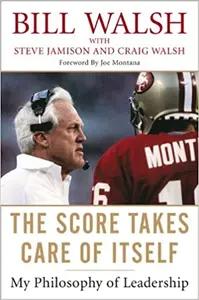
The Score Takes Care of Itself
Bill Walsh

Siddhartha
Hermann Hesse
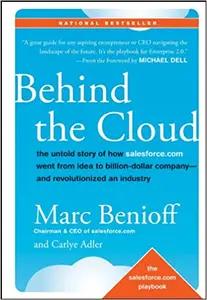
Behind the Cloud
Marc Benioff
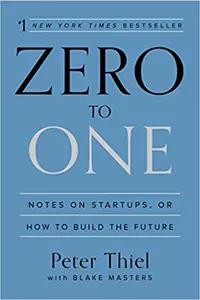
Zero to One
Peter Thiel
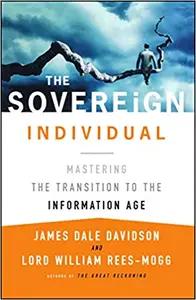
The Sovereign Individual
James Dale Davidson & William Rees-Mogg
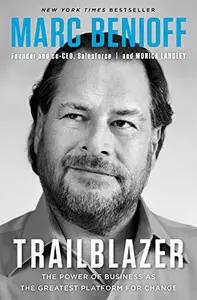
Trailblazer
Marc Benioff
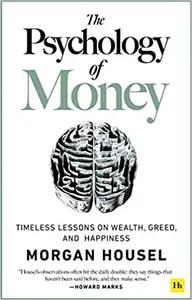
The Psychology of Money
Morgan Housel
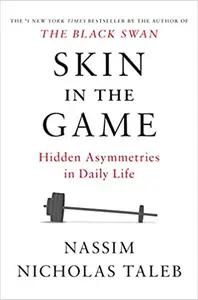
Skin In The Game
Nassim Taleb
